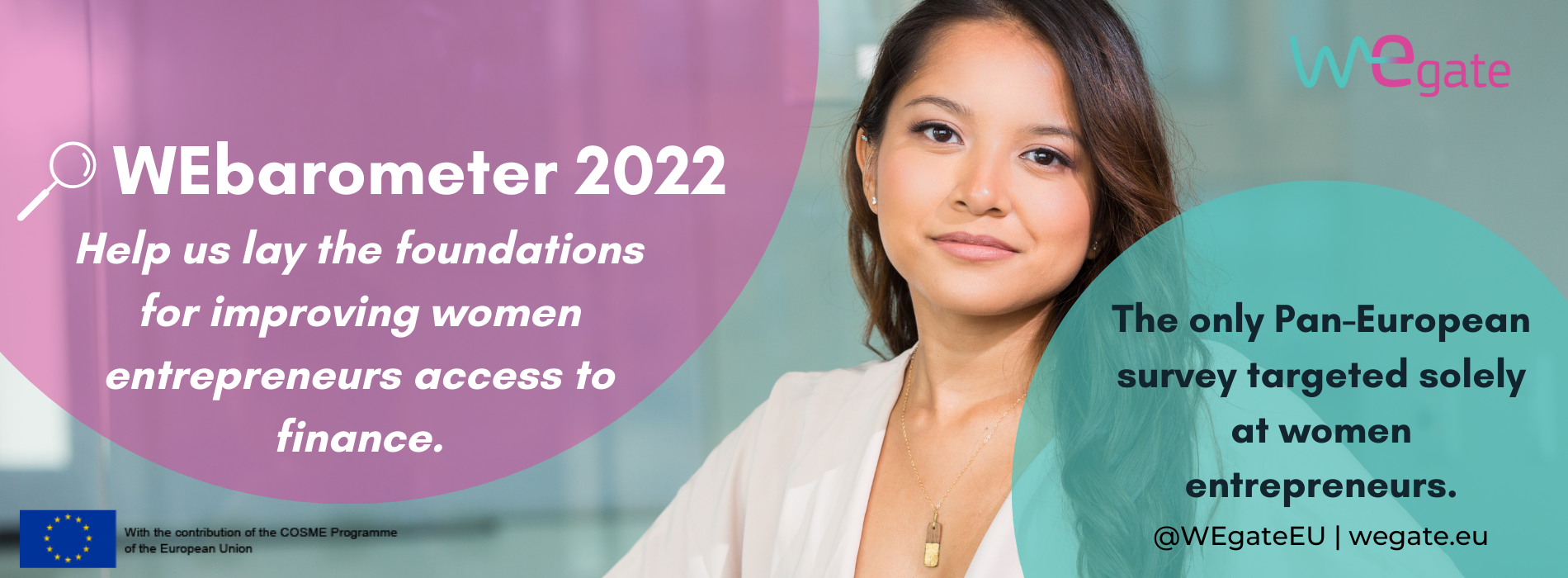
Female-led crowdfunding campaigns are more successful than those led by men, a study carried out by PwC and The Crowdfunding Centre shows. “Women Unbound: Unleashing female entrepreneurial potential” found that although more men use seed crowdfunding, women are more successful in reaching their finance goals in all sectors and geographic regions across the globe.
The study analysed over 450,000 seed crowdfunding campaigns from 9 of the largest crowdfunding platforms. The study shows that female-led campaigns were 32% more successful at reaching their funding target than male-led projects.
Men typically seek higher funding targets but female-led projects achieve a greater average pledge amount than male-led campaigns: on average each individual backer contributes $87 to women (€74.67) and $83 (€71.24) to men.
Women are more successful in the US and UK, the two countries with the largest volumes of campaigns. In Europe, 14% of women-led campaigns were successful compared with 7% of those led by men.
The study found that market validation is one of the most important benefits of seed crowdfunding. Launching a crowdfunding campaign can give an entrepreneur the opportunity to pre-sell a product. Other benefits include an increased likelihood of forging partnerships with other organisations as well as a greater ability to attract and retain good employees.
According to the study, “while seed crowdfunding was initially established as a means to raise finance, it unlocks a multitude of opportunities beyond access to finance. Seed crowdfunders get to engage with the market and learn more about running a business, earlier, than entrepreneurs using more traditional funding routes.”
The study also shows that women-led campaigns have more success mainly because crowdfunding attracts, enables and empowers far more female decision-makers (project backers and micro venture capitalists) than within traditional finance. Female crowdfunders also use more emotional and inclusive language in their videos and pitch descriptions than men. This type of language, the study finds, is more appealing to both female and male backers.
Nevertheless, the report shows that access to appropriate finance for women-owned businesses remains a challenge, as most decision-makers in the more traditional venture capital industry are male. Studies show that venture capitalists with only male partners are more likely to invest in male-led businesses.
The report concludes that “this funding gap is a missed opportunity: investing in or supporting women-led businesses has the potential to deliver some of the highest returns – for investors and for societies.”






